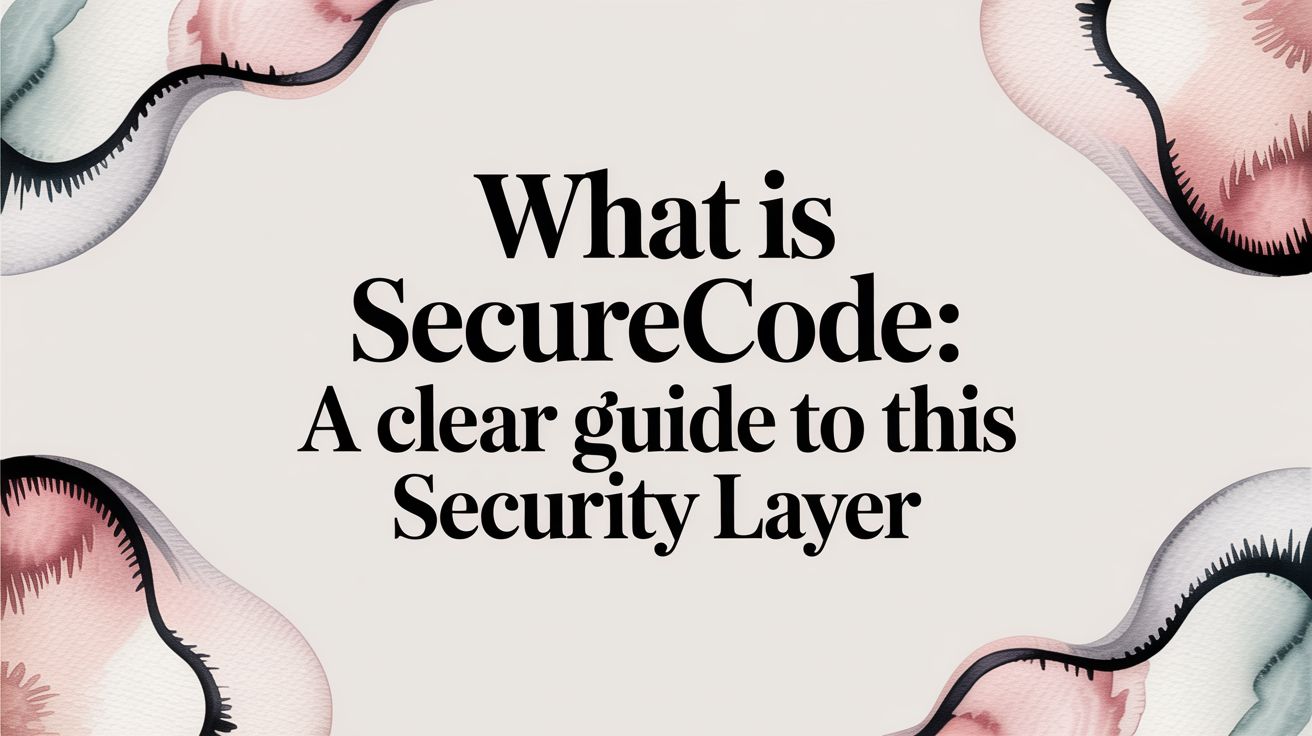
In e-commerce and online transactions, the specter of fraud looms large, presenting significant challenges for merchants.
This article focuses on the distinctions between friendly fraud and chargeback fraud.
We explore the underlying causes, impacts, and management strategies associated with each type of fraud, providing merchants with valuable insights to protect their businesses.
From understanding the motivations behind friendly fraud to navigating the complexities of chargeback management, this comprehensive guide equips merchants with the knowledge and tools needed to combat fraudulent activities effectively.
With a keen emphasis on prevention, resolution, and automation, merchants can navigate the murky waters of fraud disputes with confidence and resilience.
Key Differences Between Friendly Fraud and Chargeback Fraud
Friendly fraud and chargeback fraud are both problematic financial issues in e-commerce and payment processing.
While to many merchants they are similar in effect, there are distinct differences between the two.
Understanding these differences is crucial for merchants to effectively combat fraud and protect their businesses.
1. Definition
2. Intent
3. Customer Behavior
4. Merchant Impact
5. Resolution Process
6. Impact on Chargeback Ratios
Understanding these key differences is essential for merchants to develop effective strategies for preventing and managing both friendly fraud and chargeback fraud.
By implementing robust fraud prevention measures and staying vigilant, merchants will protect their businesses and minimize the financial impact of fraudulent transactions.
What is Friendly Fraud?
Friendly fraud, a type of chargeback fraud, is where a customer mistakenly or intentionally disputes a legitimate transaction with their bank or credit card issuer, resulting in a chargeback.
This type of fraud can be unintentional, such as when a customer forgets about a purchase or doesn't recognize the transaction on their statement.
However, it can also be intentional, with customers disputing transactions to avoid payment or to obtain a refund while keeping the purchased item.
Understanding the nature of friendly fraud is crucial for merchants to effectively combat and prevent such fraudulent activities.
Why Do Customers Engage in Friendly Fraud?
Customers engage in friendly fraud for various reasons, both unintentional and intentional.
Unintentional friendly fraud often occurs due to confusion, forgetfulness, or a lack of awareness about the consequences of disputing transactions.
For example, a customer may forget about a purchase they made or fail to recognize the transaction on their credit card statement.
On the other hand, intentional friendly fraud involves deliberate deception by the customer. It includes disputing a transaction to avoid payment, to obtain a refund while retaining the purchased item, or to exploit loopholes in the chargeback process for personal gain.
Understanding the motivations behind friendly fraud is essential for merchants to develop effective strategies for prevention and mitigation.
Friendly Fraud Impact ON Your Business
Friendly fraud has significant consequences for merchants, impacting their bottom line and reputation.
Here are some key ways in which friendly fraud affects your business:
- Financial Losses: Friendly fraud disputes result in financial losses for merchants. This includes the cost of chargeback fees imposed by payment processors, with the loss of revenue from the disputed transaction itself.
- Increased Chargeback Ratios: Multiple instances of friendly fraud lead to an increase in your chargeback ratio. A high chargeback ratio may result in higher processing fees or penalties from payment processors, as well as the potential termination of merchant accounts.
- Reputation Damage: Friendly fraud harms your reputation and credibility as a merchant. Customers may view your business negatively if they perceive that you are unable to prevent fraudulent transactions or resolve disputes effectively.
- Operational Disruption: Dealing with friendly fraud disputes is time-consuming and resource-intensive for your business. It disrupts your normal operations and diverts valuable resources away from other areas of your business.
Overall, the impact of friendly fraud on your business is significant.
Merchants need to implement robust fraud prevention measures and adopt proactive strategies to mitigate the risks associated with friendly fraud.
What is Chargeback Fraud?
Chargeback fraud refers to the deliberate deception by a customer who makes an online purchase, receives the goods or services, and then falsely claims that the transaction was unauthorized or fraudulent, leading to a chargeback.
This type of fraud involves customers exploiting the chargeback process to obtain refunds or to avoid payment for legitimate transactions.
Understanding chargeback fraud is crucial for merchants to effectively combat and prevent fraudulent activities.
Types of Chargeback Fraud
Chargeback fraud encompasses various types of fraudulent activities that can harm merchants.
Understanding these types is crucial for merchants to effectively combat and prevent fraudulent chargebacks.
Here are three primary types of chargeback fraud:
1. Merchant Fraud
The seller or merchant engages in deceptive practices to obtain funds illegally. It includes falsely claiming that goods were never delivered, providing substandard or counterfeit products, or manipulating transaction details to deceive customers or payment processors.
2. True Fraud
True fraud occurs when a fraudster, typically an unauthorized third party, steals a customer's payment information and uses it to make unauthorized transactions.
Unlike friendly fraud, true fraud involves criminal activity and is not perpetrated by the legitimate account holder.
3. Friendly Fraud
Friendly fraud, also known as chargeback fraud, occurs when a customer disputes a legitimate transaction with their bank or credit card issuer, claiming that it was unauthorized or fraudulent.
Despite having received and used the purchased goods or services, the customer falsely asserts that they did not authorize the transaction, resulting in a chargeback.
Each type of chargeback fraud presents unique challenges for merchants.
By understanding the characteristics and methods associated with each type, merchants can implement tailored strategies to prevent and mitigate the risks of chargeback fraud.
Chargeback Fraud Impact On Your Business
Chargeback fraud can have detrimental effects on merchants, affecting their financial stability, reputation, and operational efficiency.
Here are some key ways in which chargeback fraud can impact your business:
- Financial Losses: Chargeback fraud results in direct financial losses for merchants. Not only do merchants lose the revenue from the disputed transactions, but they also incur additional costs associated with chargeback fees imposed by payment processors or banks.
- Increased Operational Costs: Dealing with chargeback fraud disputes can be time-consuming and resource-intensive for businesses. Merchants must invest significant time and effort in gathering evidence, communicating with customers and financial institutions, and disputing chargebacks.
- Damage to Reputation: Chargeback fraud can tarnish a merchant's reputation and credibility. Customers perceive merchants as unreliable or untrustworthy if they experience fraudulent chargebacks or if merchants are unable to effectively resolve disputes. Negative reviews or publicity stemming from chargeback fraud incidents can further damage a merchant's reputation.
- Loss of Trust: Chargeback fraud erodes trust between merchants and customers. When customers experience fraudulent chargebacks, they may lose confidence in the security of online transactions and may be less likely to make future purchases from the affected merchant. Building and maintaining trust with customers is essential for long-term business success.
- Penalties and Fines: High chargeback ratios resulting from chargeback fraud can lead to penalties and fines imposed by payment processors, banks, or card networks. These penalties can further exacerbate financial losses and negatively impact a merchant's ability to conduct business.
Manage These Fraud Disputes with ChargePay
ChargePay offers an innovative solution to help merchants effectively manage and combat fraud disputes, including both friendly fraud and chargeback fraud.
With its AI-powered chargeback management platform, ChargePay empowers businesses to automate the process of contesting and winning chargeback disputes without the burden of manual effort.
With AI technology, ChargePay analyzes transaction data, identifies fraudulent activities, and generates winning representments to defend merchants against unjust chargebacks.
This proactive approach not only helps businesses reclaim lost revenue but also strengthens their defense against fraudulent transactions, ultimately safeguarding their financial stability and reputation.
ChargePay's seamless integration with leading payment processors and comprehensive support for various industries make it a versatile and indispensable tool for businesses of all sizes.
Whether you're an e-commerce store, a professional service provider, or a SaaS company, ChargePay offers tailored chargeback management solutions to suit your specific needs.
By harnessing the power of ChargePay, businesses reclaim lost revenue, eliminate fraud, and streamline their operations, allowing them to focus on growth and success in today's competitive marketplace.







.svg)







.svg)
.svg)
.svg)